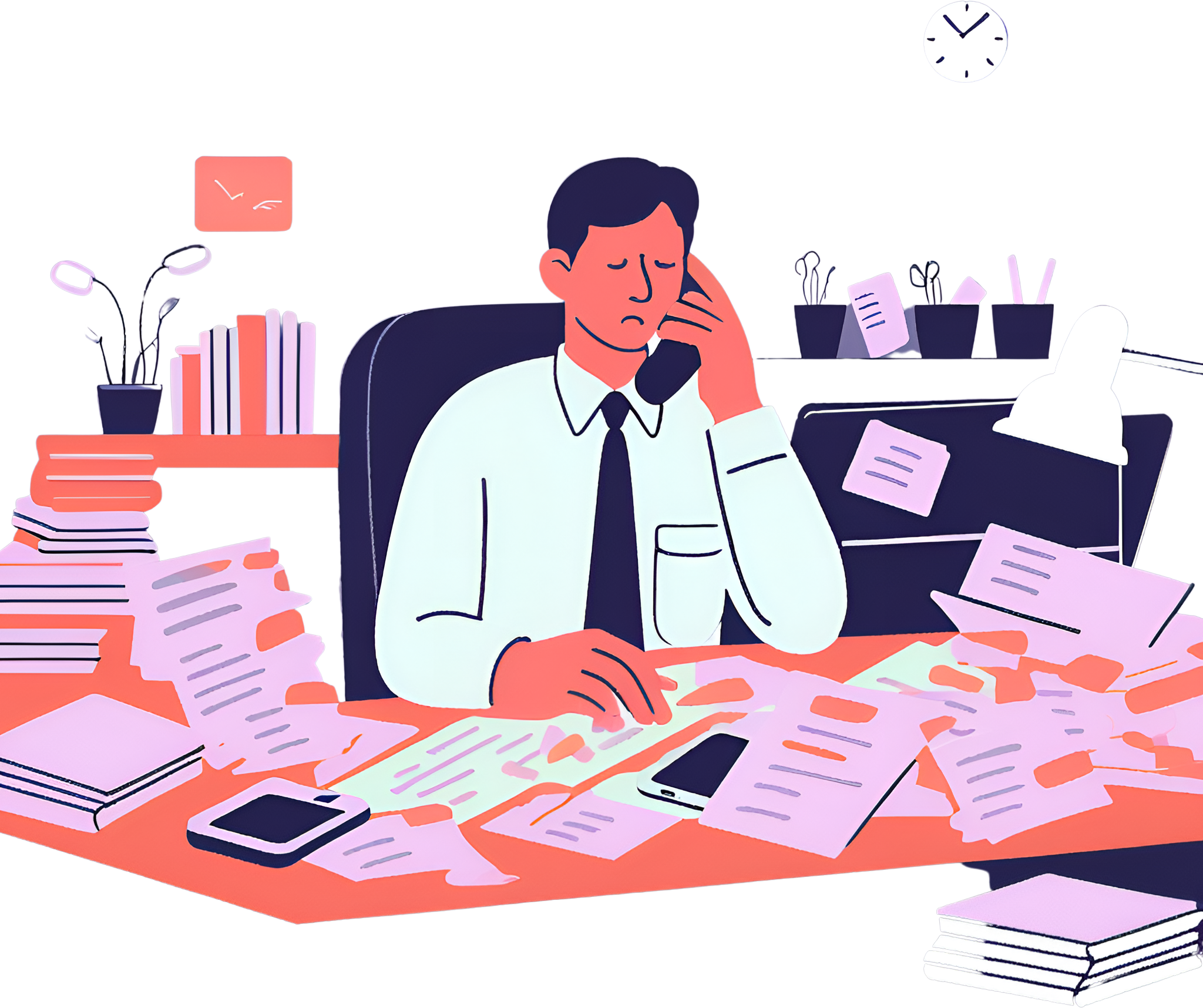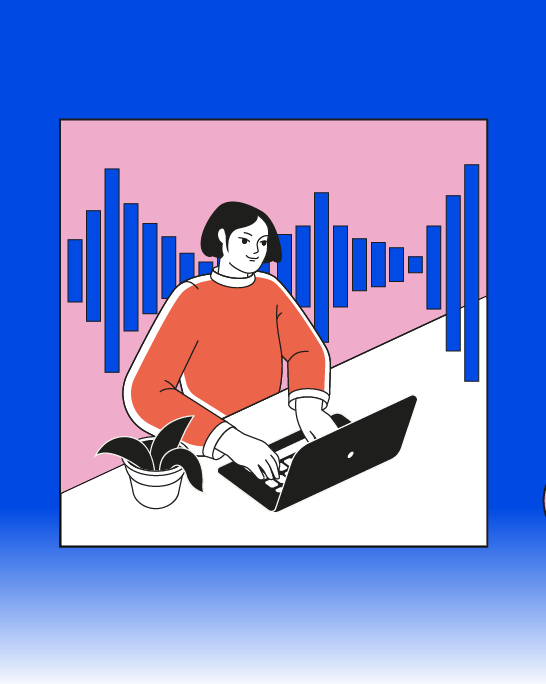‘I’m a leadership coach – these ‘productivity hacks’ might actually be having the opposite effect
It’s a buzzword at the top of so many business leaders’ tongues: productivity. Getting more work done with limited budgets is likely a top business priority for many.

Home » “I’m a leadership coach – these ‘productivity hacks’ might actually be having the opposite effect”

With 700 people Googling how to be more productive every month in the UK alone (nearly 10K globally), it’s no surprise that some of the productivity hacks picked up over time aren’t actually that conducive to saving time and getting more done – so here Debbie Green, Leadership Coach debunks productivity myths, sharing her top hacks for powering efficiency in the workplace.
Office Snacks
Snacks in the office – as long as they’re healthy – can definitely aide, not just with your brain function, but also looking after your gut microbiomes!
Snacks are also a great way to bring people together. It could be celebrating someone’s big life event – whether a wedding, engagement, new parent, promotion, team success – brings people together over an achievement or milestone, and it can ensure that people feel that they belong and matter in the team.
A great leader will also have a list of all the milestone moments for their team members; they will also be really mindful to listen out for life events that may be happening for one of their team members too. Being able to check back in with their team member is so important and shows that (a) they care and (b) they’ve remembered them on a whole different level. In my book, leaders should be looking for the relational investment, not just the transactional one.
Avoiding multitasking
This is a really interesting one as we’ve learnt to do many things in quick succession. For example, answer the phone and type an email at the same time; be in a meeting and respond to messages. All of these things are vying for our attention and therefore it’s far easier to become distracted as we’re not giving our full focus to any one thing and doing it well.
One method that can help is if leaders get the team together in a ‘huddle’ at the beginning of each day and check in to see what the top priorities are; where someone may need support; where the team should be focusing their efforts; and being mindful that if something isn’t a top priority for a particular day, it doesn’t get forgotten.

Removing distractions
As a leader, you create the environment for people to thrive and that may mean taking a look around ‘your stage’ to ensure that everyone can perform to the best of their abilities. It can be difficult to tune out co-workers so finding a quiet space for team members to concentrate on important things can be invaluable. Music is also a great way of tuning out potential distractions; putting in headphones so you can listen to music or playing music across the office – the latter of which is also great for building bonds with colleagues over shared music tastes (but make sure there’s something for everyone in the playlist).
Working in a very quiet environment
Some people thrive in a quiet environment where others don’t; I personally prefer an environment with a bit of a buzz and music playing in the background. There are some environments where it’s important to be quiet and I believe that people find the environment that works for them. So if someone prefers to chat, laugh out loud and bounce ideas around with others then they may not enjoy coming into the office as it’s ‘too quiet’ for them. As long as the team who are working together are aware of what their fellow colleagues like, then there could be a compromise so that everyone gets what they need to be productive.

Taking frequent breaks
We ideally need to ‘move’ every 20 minutes or so. However, what people do to break up their day is going to be different for every environment you’re working in.
As a leader, it’s important to be aware of those that don’t take regular breaks and those that take frequent breaks and ensure that they set the tone of what the expectation is on people and what breaks are required.
The continuous debate about breaks has always been a contentious issue. I’ve worked in office spaces in my past where those that smoked would go out for more frequent breaks than others and that caused some friction at times. The leader I worked with at the time encouraged the team to get up and walk around and those that didn’t smoke would be encouraged to go and get a cup of coffee, tea or water. The leader has to consider the productivity of the individuals in their team, and if they’ve set good targets/goals then breaks should not cause them any concern. If they’ve also been clear on ‘how we work around here’ then it’s easier for people to stick to the ‘rules’.
The Pomodoro technique
This is a marmite technique for managing time, productivity and focus. Again, every 20 minutes of intense focus on a particular task can create momentum to get things done, rather than procrastinate. The Pomodoro technique is a time management approach that enables you to focus on the right things and create the right time to get things done.
Ensuring that you’re not putting back to back meetings in your calendar is key as you need to ensure that you do get time for yourself to pause and gather your thoughts.
Identifying when you work at your optimum can ensure that you put the tasks that are more onerous in that part of your day and then the remainder of the day can be focused on other tasks. Planning your day backwards can also help in managing your time well too.
It takes discipline to manage your time well and planning, reviewing and resetting your targets can make a huge difference. Being mindful of your time is the key to ensuring that it doesn’t run away from you.
While some of these ‘hacks’ have the potential to hinder productivity, there’s a basis for efficient work in them all; what works for one person may not work for the next. As leader, what’s most important is getting to know the team you’re leading to work out the best way to make the whole office productive.
Get a quote
If you’ve got all your information ready, please contact us or complete our Get TheMusicLicence form to arrange a quote.
Call us on 0116 290 0525
(8am-6pm, Monday-Friday)
Hospitality Brochure
Read our full guide to using music in your hospitality based business here
View BrochureBrochure Download
Complete this form to receive our accommodation brochure:
Error: Contact form not found.
Related articles
Record Store Day 2025- Insight into one of Leicester’s much loved record stores.
Organised by Entertainment Retailers Association (ERA), Record Store Day (RSD) is the biggest event of the year for music lovers who appreciate

A THIRD of working Brits have already experienced burnout just ONE MONTH into 2025, finds PPL PRS survey
Work-related burnout is at ‘crisis point’ as three-quarters (75%) have experienced it in the past twelve months alone, our new survey has

A flow to fall for
Love may be in the air over the coming weeks, but so too is the start of a …

New Year’s Eve celebrations could boost the UK hospitality by £505 MILLION, finds PPL PRS survey
Brits could spend up to £505 million* in pubs and bars as they welcome 2025 this New Year’s Eve, according to new

Please hold the line… What’s the best way to utilise hold music within your business?
Does it ever feel like your life is on hold? A recent study conducted by Microsoft in 2023 revealed that customers in

Music for productivity the ultimate work playlist guide
What’s the best music for productivity? It’s a simple enough question – and finally, we have a definitive answer.
Thinking about playing music in your hotel, B&B or guesthouse and want to know more?
What is TheMusicLicence?
What is TheMusicLicence
Do I need a music licence?
Do I need a music licence?
Where does my money go?
Where does my money go?
How do I get TheMusicLicence?
Call us on 0808 501 7667
(8am to 6pm Monday to Thursday and 8am to 3pm Friday)
Alternatively you can complete the online form and an adviser will be in touch.


